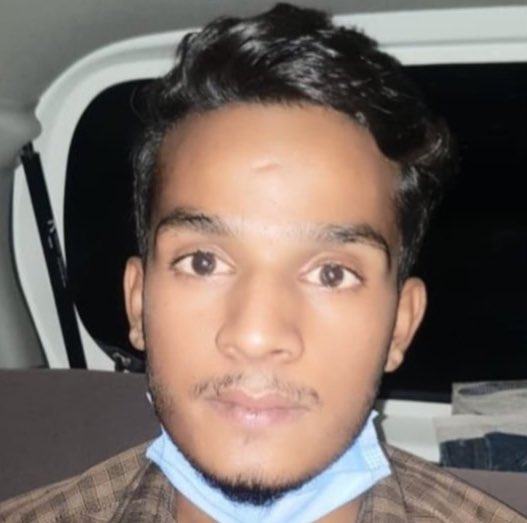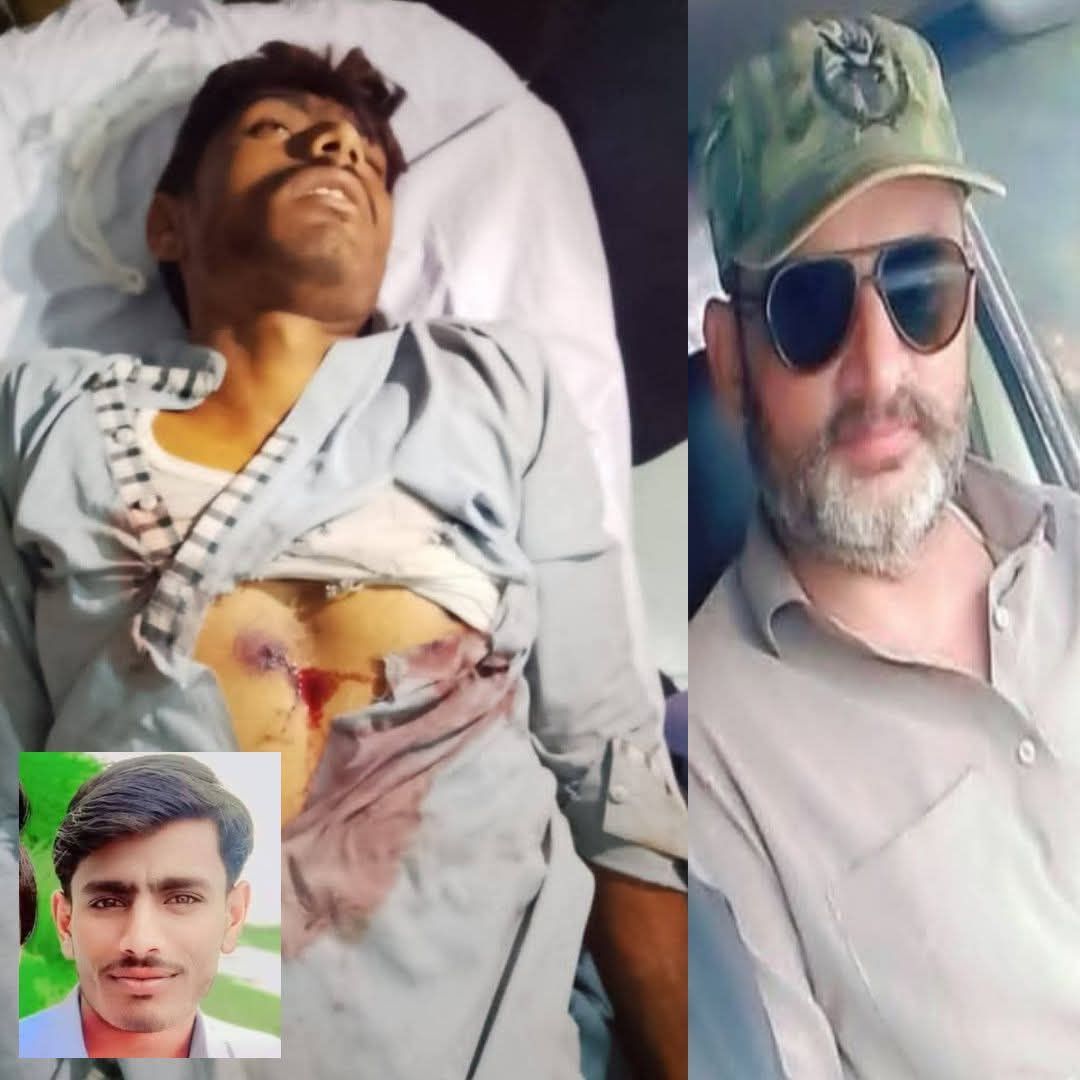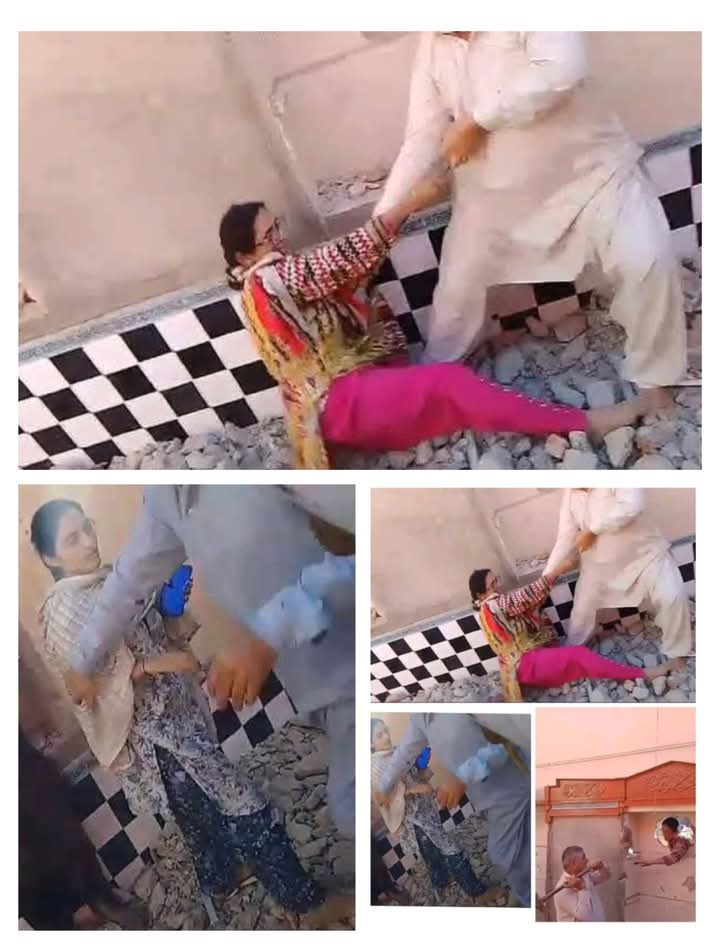Lahore, Pakistan — July 31, 2025: Nabeel Masih, once the youngest person ever convicted of blasphemy in Pakistan, has died at the age of 25 after years of medical neglect and psychological trauma — a life marred by injustice, isolation, and the systemic failure of the institutions that claimed to support him.
A Life Shattered at 16
In 2016, Nabeel Masih was a 16-year-old Christian boy living in the rural village of Dina Nath in Pakistan’s Kasur District. Like many teenagers his age, he used social media freely — unaware that a single Facebook post would upend his life forever.
On September 18, 2016, a local man named Akhtar Ali filed a police complaint accusing Nabeel of sharing a blasphemous image that allegedly insulted the Kaaba, Islam’s holiest site. The police swiftly arrested him under Sections 295 and 295-A of the Pakistan Penal Code — blasphemy laws frequently criticized for their misuse and lack of due process.
Though police claimed to have deleted the alleged image from Facebook to prevent unrest, this action made it impossible to prove whether Nabeel had even posted it. Nonetheless, in 2018, he was convicted and sentenced to 10 years in prison — becoming the youngest known person in Pakistan’s history to be convicted under its blasphemy laws.
Imprisonment, Solitary Confinement, and Trauma
For four long years, Nabeel endured harsh conditions in Lahore and Kot Lakhpat prisons — much of it in solitary confinement, surrounded by constant threats and psychological pressure. These were the years meant for growth, education, and dreams, but for Nabeel, they were filled with fear and silence.
Legal assistance came in the form of human rights lawyer Saad Jabar, and advocacy groups including Christian Solidarity Worldwide (CSW), CLAAS, Aid to the Church in Need (ACN), Christian Solidarity International (CSI), and the British Asian Christian Association (BACA). While these organizations highlighted his case internationally, Nabeel continued to suffer in obscurity within Pakistan — without sustained protection, medical support, or a clear path to safety.
A Release Without Relief
In 2020, the Supreme Court of Pakistan granted Nabeel bail. However, freedom came too late. Years of poor nutrition, contaminated water, and unaddressed psychological stress had taken a toll on his body. He suffered from serious liver, kidney, and lung issues. Doctors recommended specialized treatment, with some urging his evacuation abroad for medical care — yet no organization came forward to assist in securing it.
NGO Funding and Fading Promises
Despite using Nabeel’s story in fundraising campaigns, many organizations failed to deliver meaningful aid after his release. Promises of rehabilitation, medical treatment, or asylum remained unfulfilled. Critics now allege that some NGOs had a financial interest in keeping victims like Nabeel within Pakistan — using their ongoing danger to attract international donations under the guise of “protection” in so-called safe houses.
None of the organizations provided him with long-term healthcare, psychiatric support, or relocation assistance. As his health declined, Nabeel was repeatedly admitted to hospitals, but each visit offered diminishing hope.
His Final Days and Death
On July 31, 2025, Nabeel Masih died in Lahore — weak, sick, and still clinging to the hope of justice. His eyes closed for the last time, having seen more suffering in a decade than many face in a lifetime. His tragic death is a stark reminder of both the dangers of Pakistan’s blasphemy laws and the ethical failures of those who profited from his pain.
A Legacy of Silence and Accountability
Nabeel’s story is not just a human rights failure — it is a moral indictment. It demands accountability from a system that criminalizes belief, from governments that fail to protect minorities, and from non-profits that must be transparent in both their advocacy and use of donor funds.
His life may have been short, but the injustice he endured leaves behind a haunting question: how many more Nabeels will suffer in silence while the world watches?

For more updates and detailed coverage of this case and other issues affecting the Hindu and Sindhi communities in Sindh, Pakistan, stay tuned to Sindh Renaissance.






